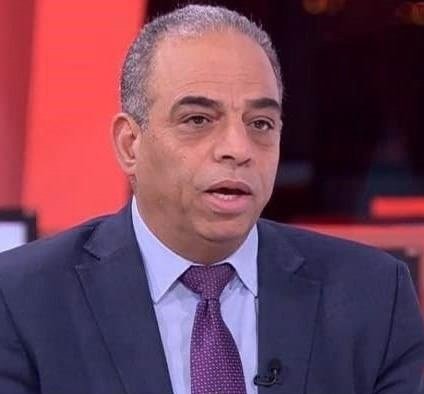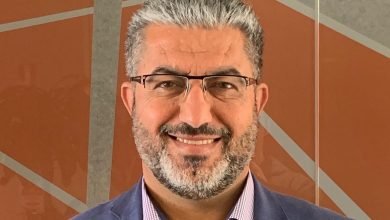
By : Ahmad M.Awad
Jordan Daily – One dominant narrative in global political and media discourse suggests that wealthy countries in the Global North fund poor Global South countries through aid, grants, and investments. This perception, however, collapses in the face of findings from a suite of recent studies — which indicate that it is in fact the South that funds the North, not the other way around.
One 2022 study, published in the Global Environmental Change journal by Hickel et al., calculated the net flow of resources exchanged between the Global South and Global North between 1990-2015. The researchers demonstrates a vastly unequal exchange between the North and the South — finding a ‘net appropriation’ of Global South resources and labor by the Global North, which drains from the South raw materials, land, energy, labor, and other capital resources.
According to this study, net depletion from the South from 1990-2015 totaled $242 trillion USD — equivalent to a quarter of the cumulative GDP of Northern countries during that same period. Moreover, the value of the South’s losses from unequal exchange exceeded that of total aid (eg. official development assistance) received by more than 30 times.
But this is not the only indicator that debunks the myth of “North-to-South financing.” Reports from the World Bank, the International Monetary Fund, and independent research centers show that financial resource flows from the South to the North far exceed those flowing in the opposite direction. In 2023 alone, the World Bank reported that interest payments made by developing countries on their external debts exceeded $400 billion—a figure that surpasses the total global development aid for that year.
Importantly, much research remains to be done on the range of other mechanisms channeling resources to the Global North from the Global South. For example, foreign direct investments are often taken for granted as value-creating tools for the Global South. But studying profit flows to multinational companies headquartered in the North, which largely operate in the South’s mining, energy, agriculture, and extractive industries, would offer a new critical approach to foreign direct investments.
The facts of how the global financial system operates, in fact, continues to challenge assumptions of the Global North financing the Global South. For example, take conditional grants tied by donor countries to austerity measures, purchases of goods from donor markets, or commitments to unfair trade agreements. These grants thus become tools for ensuring political and economic compliance, rather than for promoting autonomy or genuine development.
These facts turn prevailing perceptions upside down. What is marketed as “generous aid” from the North to the South is nothing more than the recycling of a tiny fraction of the North’s looted wealth — and is often used to whitewash the face of a global system rooted in inequality and organized exploitation.
This contradiction becomes even sharper with the upcoming 4th International Conference on Financing for Development, scheduled for the end of June in the Spanish city of Sevilla. As the summit aims to address the funding gap in developing countries to achieve UN Sustainable Development Goals, the United States and several European countries are announcing cuts to their foreign aid. What’s left completely aside is the fact that the South is still, to this day, paying — whether in the form of debt interest, foreign investment profits, or depleted natural resources — more than it receives.
Addressing this structural imbalance in the global economic system cannot be achieved through increasing “aid.” Rather, what’s required is a comprehensive reform of global trade and finance rules, eliminating mechanisms of unequal exchange, imposing fair taxes on profits extracted from the South, and providing just reparations for centuries of systematic plunder.
Ahmad Awad is the founder and director of the Phenix Center for Economic Studies, specializes in human rights and socio-economic issues. He is also advocate for human rights and promoting democracy and civil society at local, Arab, and international levels.

